I heard a term the other day:
“Mental masturbation”
I thought it was genius.
It’s basically overthinking, overplanning, overworrying and overperfecting all in one.

And maybe, you’re in that state right now.
- Waiting until you have the right words to have that hard conversation.
- “Tweaking” a project before you launch it.
- Learning one more skill before you ask for a raise.
So let’s answer three questions:
- Why do we do it?
- When do you know it’s time to stop thinking and start doing?
- 5 ways to do more and overthink (a little bit) less.
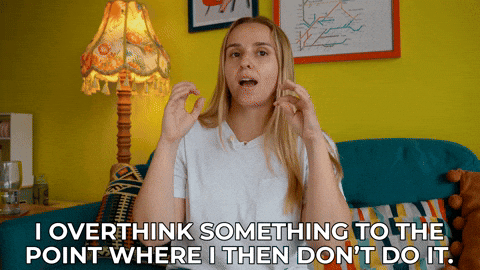
1. Why do we do it?
Because we’re waiting to figure out what we DON’T know rather than going on what we DO know.
We overvalue certainty.
We convince ourselves that unless every variable is accounted for, unless every possible scenario is planned for, unless every outcome is predictable… we can’t start.
The problem is, certainty doesn’t exist.
There are always blind spots.
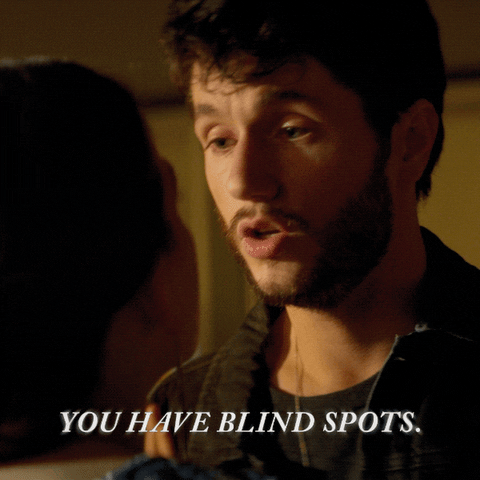
There are always things you can’t foresee.
And yet, our brains tell us that if we just think enough, plan enough, research enough, we can avoid them.
So we circle.
We rehearse.
We imagine every possible disaster… and meanwhile, nothing moves forward.

2. When do you know it’s time to just do it?
Here’s the thing: in high-achieving, people-pleasing minds, it’s easy to confuse preparation with procrastination.
Here’s the difference:
- Preparation: You prepare the soil, water it, plant the seeds, and do what you can to make the sucker grow. If it doesn’t, you learn why and try to fix it.
- Procrastination: You endlessly research the best type of soil, the perfect watering schedule, or it’s the ideal day to plant, and never put seeds in the ground.
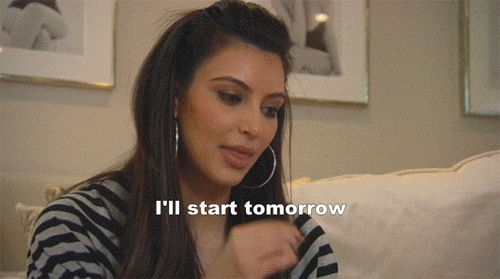
Procrastination is all about the “what ifs.”
- You’re circling in place, stuck in worry, imagining every possible outcome.
- You’re not actually moving forward. Heck, you don’t even have a start date!
- You’re not checking the basics or taking meaningful steps.
- You’re just… spinning.
Preparation, on the other hand, is deliberate.
- You check what you can check.
- You gather feedback from trusted people.
- You do your research. You practice. You test.
Key difference? you accept that blind spots exist, and you act anyway.
A simple rule I use: talk to three people. People you trust, respect, and who won’t sugarcoat it. Tell them what you want to do, ask for feedback, take what’s useful, leave the rest. Then move.
Because if you wait for perfect conditions, you’ll wait forever.
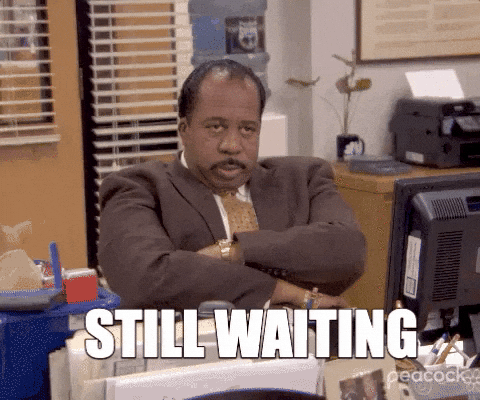
3. How to overthink (a little bit) less.
Every time you take imperfect action, you teach your brain that nothing terrible happens when you move before you’re “ready. And that’s how you rewire the habit, not by thinking less, but by trusting yourself more.
Here are 5 examples that might give you a little nudge forward:
- Stop re-reading and re-writing emails 300 times before sending them, especially if they aren't critical. One read-through is enough for most.
- Make decisions without obsessing about making the "perfect" one. If it’s not right, I’ll make it right later.
- Allow myself to move forward with projects that feel mostly ready. Knowing I can refine them over time rather than holding back endlessly.
- The ‘yet’ mindset: You know that horribly yucky feeling where you think “this is never going to get easier”? I remind myself that it simply means I’m getting closer to the end, but I’m just not there yet.
- Limit feedback loops: While I still value input, I no longer delay my actions waiting for everyone’s approval.
These days, I’m learning that “good enough” is often more than enough. Recovery isn’t about obsessing over the “what ifs”; it’s about focusing on the next step, giving yourself grace to make mistakes, learn from them, and keep moving forward.
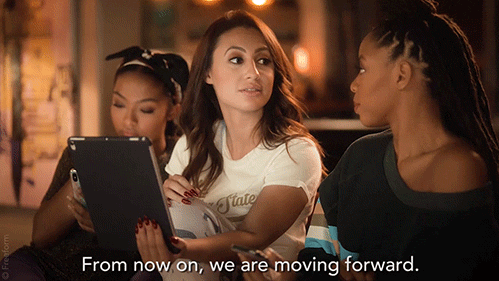
If you’re not making mistakes often, it means you’re coasting. And if you’re coasting, you’re not growing… you’re playing it safe. You’re sticking to the things you already do well.
To truly grow, in your career or personal life, yes, you can strive for excellence.
But perfection? You can’t demand it at every turn.
As the great Yoda says: “If no mistake you have made, losing you are.”
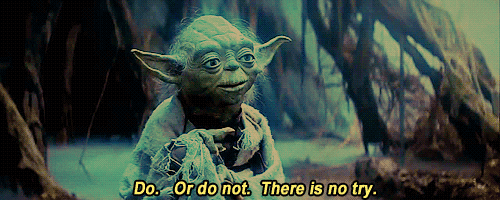
Mistakes, errors, failures: they’re not the enemy. They’re part of the process.
So, if you’re waiting to be perfect before you take the leap, speak up, or show the world what you’re capable of… don’t.
Excellence isn’t born from perfection. It’s born from courage, recovery, and the guts to keep showing up.
If you’re overthinking right now, consider this your sign: Stop worrying about the conditions. Plant that seed, and do what you can to get it to grow.
Hugs, DrK xoxo


.avif)




